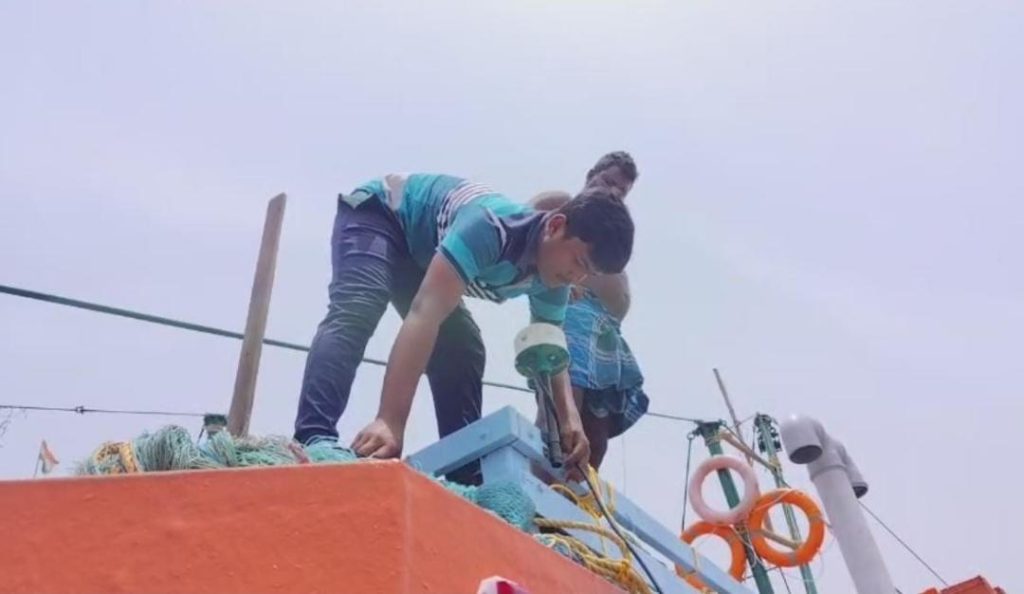
ISRO’s Transponder Technology Protecting West Bengal’s Fishermen
The Indian Space Research Organisation (ISRO) has been at the forefront of several groundbreaking initiatives in recent years. From launching record-breaking satellites to conducting successful lunar missions, ISRO has consistently demonstrated its capabilities and commitment to pushing the boundaries of space technology. Now, the organisation has taken its expertise to the high seas, developing a revolutionary technology that is set to transform the lives of deep-sea fishermen in West Bengal.
The Satellite-Based Maritime Safety Assistant System, or Transponder, is a state-of-the-art device that is being installed in trawlers to enhance communication, location tracking, and emergency response in treacherous waters. The technology has been designed to provide a safe and reliable lifeline to fishermen venturing into the open seas, where the risk of accidents and emergencies is ever-present.
According to a recent report, the transponder has been installed in over 300 trawlers, providing a comprehensive safety net for the fishermen of West Bengal. The technology is a significant upgrade from traditional methods of communication and navigation, which often rely on unreliable and outdated systems.
The transponder uses a combination of GPS, satellite communication, and advanced sensors to track the location and movement of trawlers in real-time. This information is then transmitted to a control room, where it is monitored by trained personnel who can respond quickly in the event of an emergency.
The benefits of the transponder technology are numerous. For one, it ensures that fishermen are always within reach of help, even in the most remote and inaccessible areas of the sea. This reduces the risk of accidents and emergencies, which can have devastating consequences for the fishermen and their families.
The transponder also provides fishermen with improved communication capabilities, enabling them to stay in touch with their loved ones and receive vital weather updates and navigational guidance. This is particularly important in West Bengal, where the weather can be unpredictable and the seas can be treacherous.
The installation of the transponder technology has also had a significant impact on the fishing industry as a whole. With the added safety and security provided by the transponder, fishermen are now more confident and willing to venture further into the sea, resulting in increased catch and improved livelihoods.
The success of the transponder technology is a testament to the innovative spirit and expertise of ISRO. By leveraging its advanced space technology to address the needs of West Bengal’s fishermen, the organisation has demonstrated its commitment to using its capabilities for the betterment of society.
The transponder technology is not just a safety feature; it is a game-changer for the fishing industry. It has the potential to revolutionise the way fishermen operate, providing them with real-time information and support that was previously unavailable.
The impact of the transponder technology extends beyond the fishing industry, however. It also has the potential to benefit the broader community, by providing a sense of security and confidence that was previously lacking.
In conclusion, ISRO’s transponder technology is a groundbreaking innovation that is set to transform the lives of deep-sea fishermen in West Bengal. The technology provides a comprehensive safety net, improving communication, location tracking, and emergency response in treacherous waters. With its potential to revolutionise the fishing industry and benefit the broader community, the transponder technology is a shining example of the power of space technology to make a positive impact on society.
Source:
https://thecsrjournal.in/isro-transponder-technology-brings-safety-revolution-west-bengal-fishermen/






